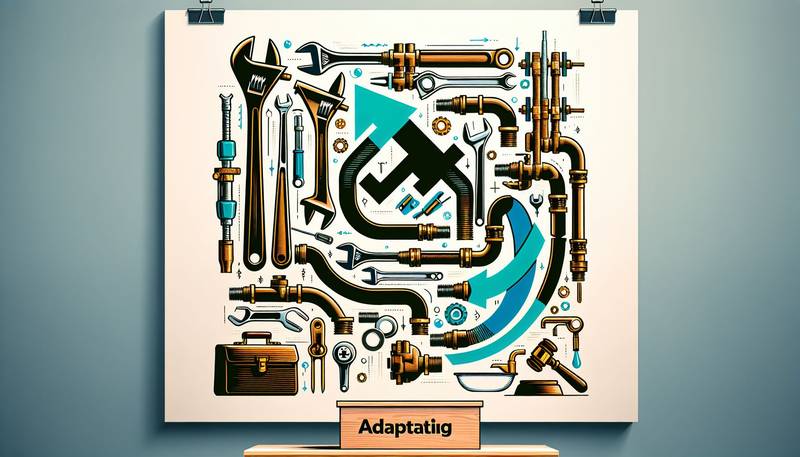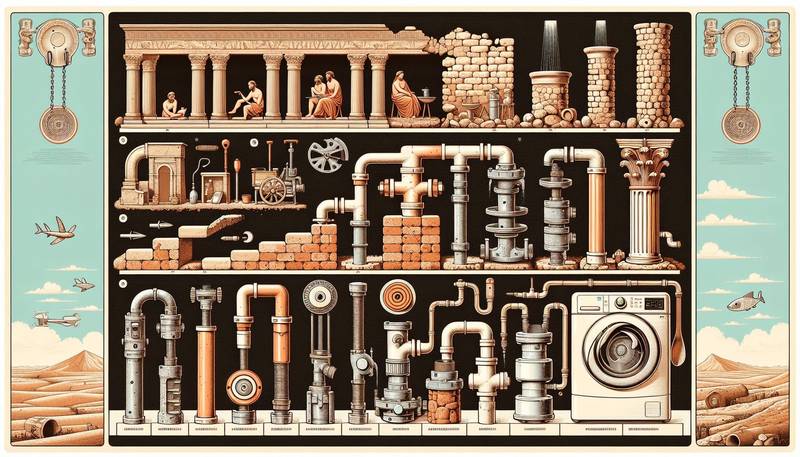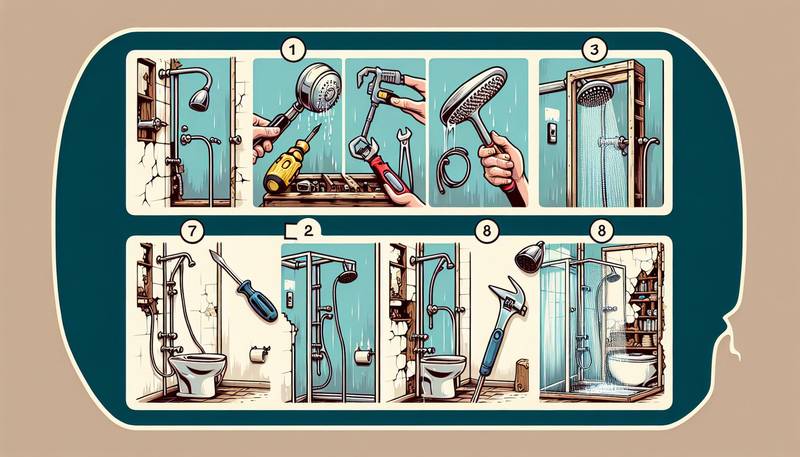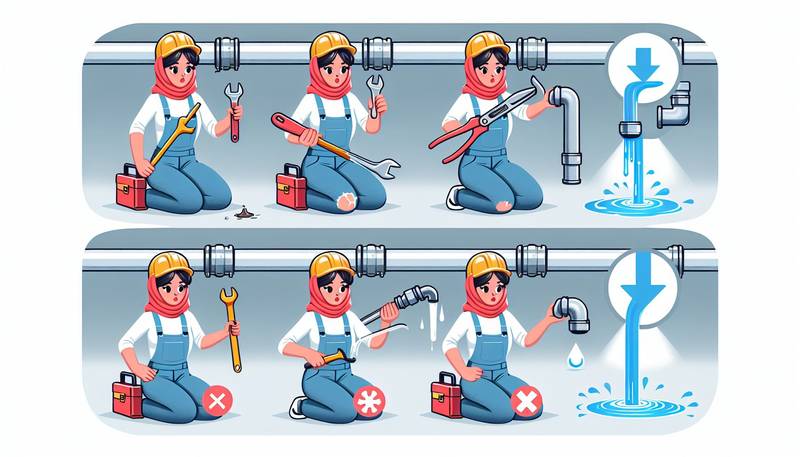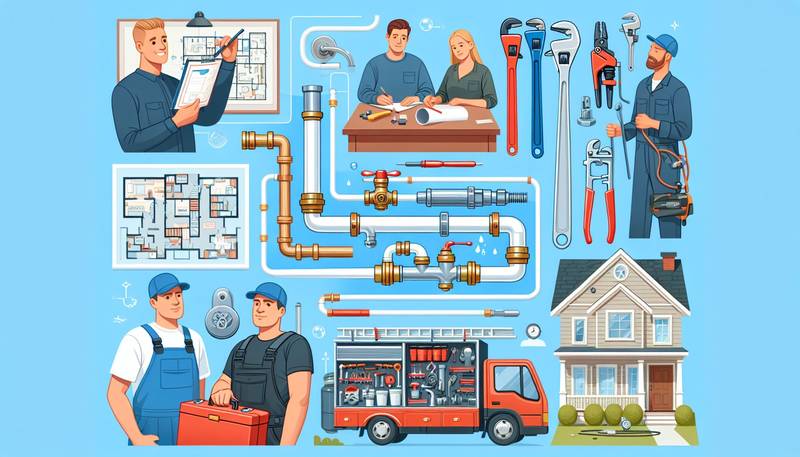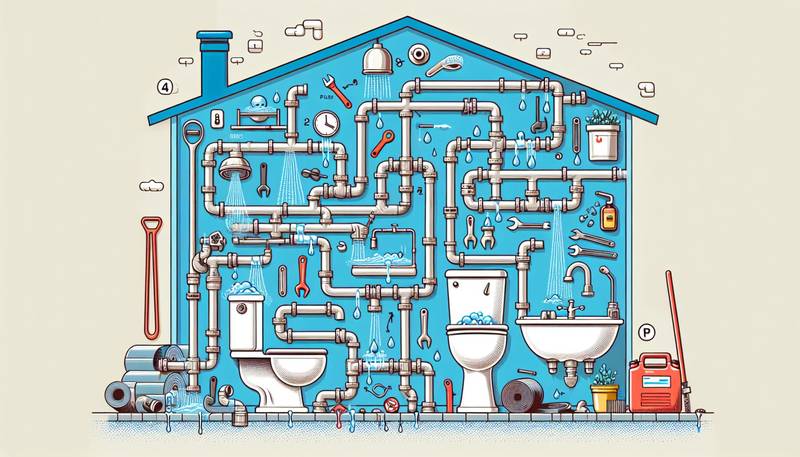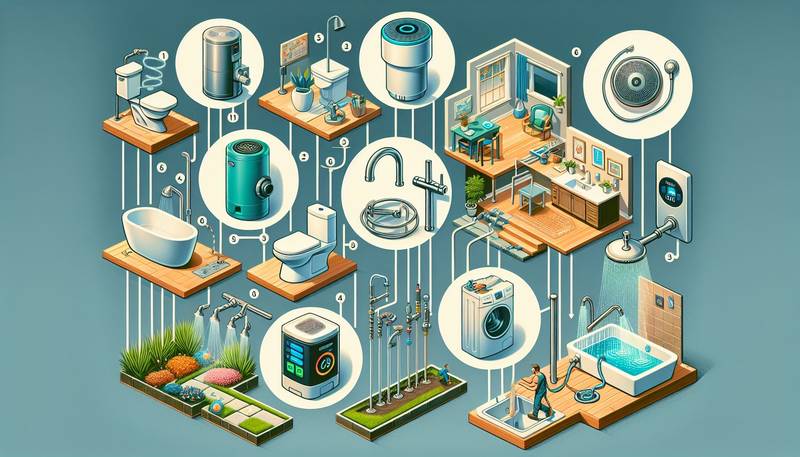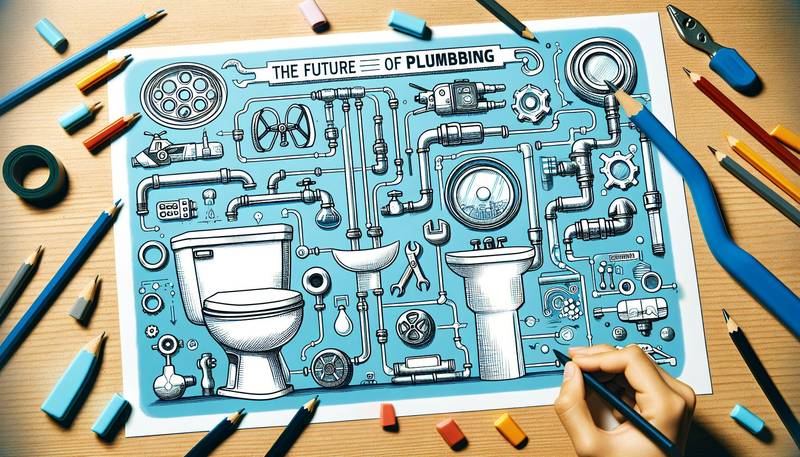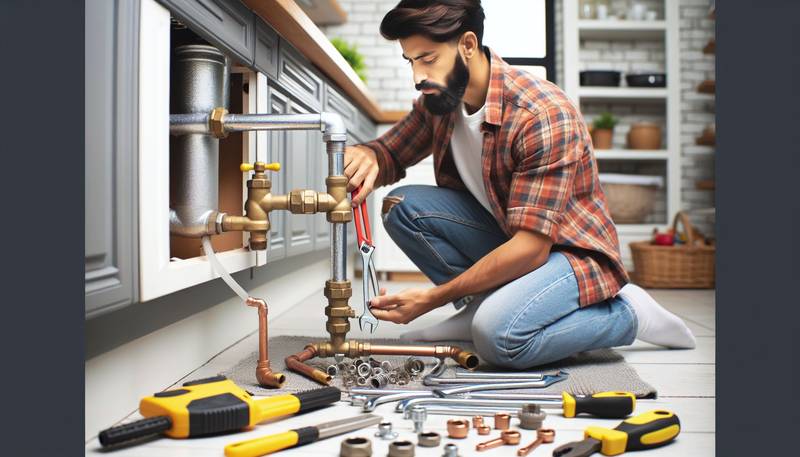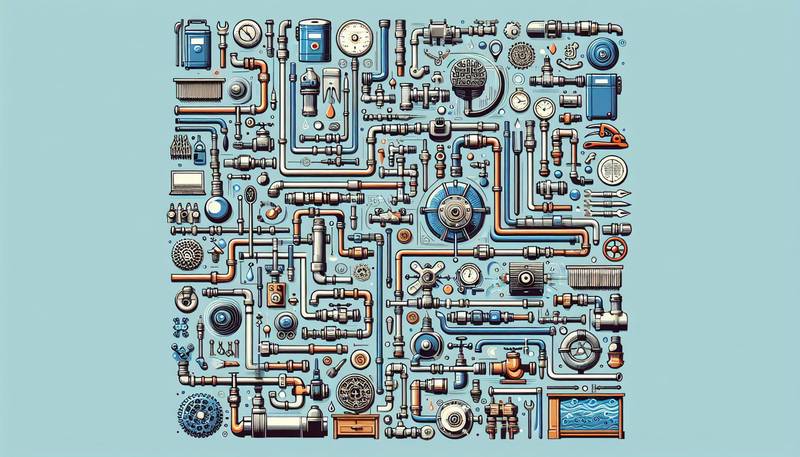How to Adapt to Changing Regulations in Plumbing Jobs
As a plumber, it is crucial to stay informed about these changes and adapt your practices accordingly to remain compliant and provide the best service to your clients.
Keeping Up with Regulations
One of the key challenges facing plumbers today is the need to stay up to date with changing regulations and codes. These regulations cover a wide range of areas, including water quality, drainage systems, and sustainable building practices. Failure to comply with these regulations can result in costly fines and even legal action, so it is essential for plumbers to be aware of the latest requirements in their area.
Continuous Education and Training
One of the best ways to stay informed about changing regulations in the plumbing industry is to invest in continuous education and training. Many professional organizations offer courses and workshops that cover the latest developments in plumbing regulations and best practices. By participating in these programs, plumbers can ensure that their skills are up to date and that they are well equipped to meet the demands of their clients.
Building a Network
Another valuable strategy for adapting to changing regulations in plumbing jobs is to build a network of industry contacts. By connecting with other plumbers, contractors, and regulatory officials, you can stay informed about upcoming changes and discuss the best practices for compliance. Networking can also provide opportunities for collaboration and mentorship, allowing you to learn from experienced professionals in the field.
Investing in Technology
Advances in technology have revolutionized the plumbing industry, offering new tools and techniques for improving efficiency and compliance. By investing in the latest plumbing equipment and software, you can streamline your operations and ensure that you are meeting the latest regulatory requirements. From digital inspection cameras to leak detection devices, there are numerous technological solutions available to help you stay ahead of the curve.
Prioritizing Customer Communication
Finally, one of the most important aspects of adapting to changing regulations in plumbing jobs is effective communication with your clients. By keeping them informed about the latest regulations and how they may impact their plumbing systems, you can build trust and loyalty with your customer base. Additionally, by being transparent about your compliance efforts and the steps you are taking to meet regulatory requirements, you can reassure clients that their plumbing needs are being met by a knowledgeable and responsible professional.
In conclusion, staying informed about changing regulations in the plumbing industry is essential for maintaining compliance and providing high-quality service to your clients. By investing in education, networking, technology, and communication, you can adapt to these changes and ensure that your plumbing business remains successful and sustainable in the long term.
